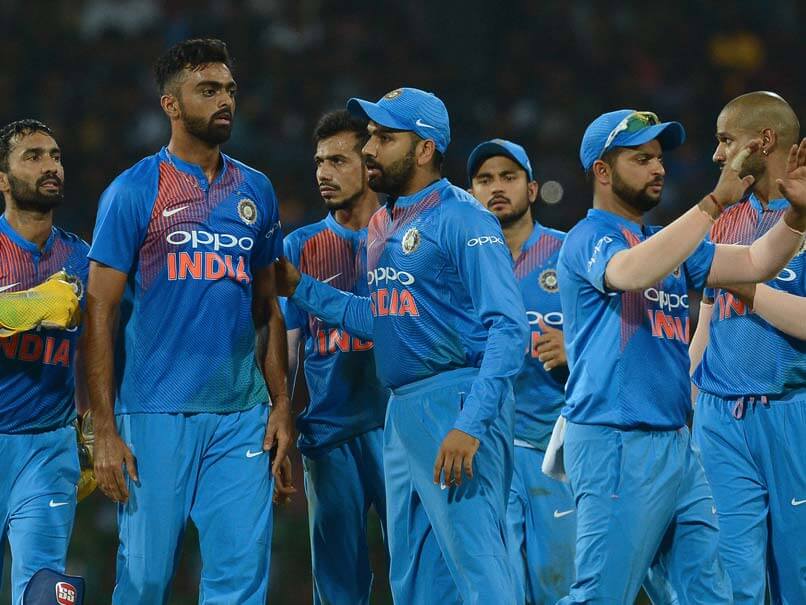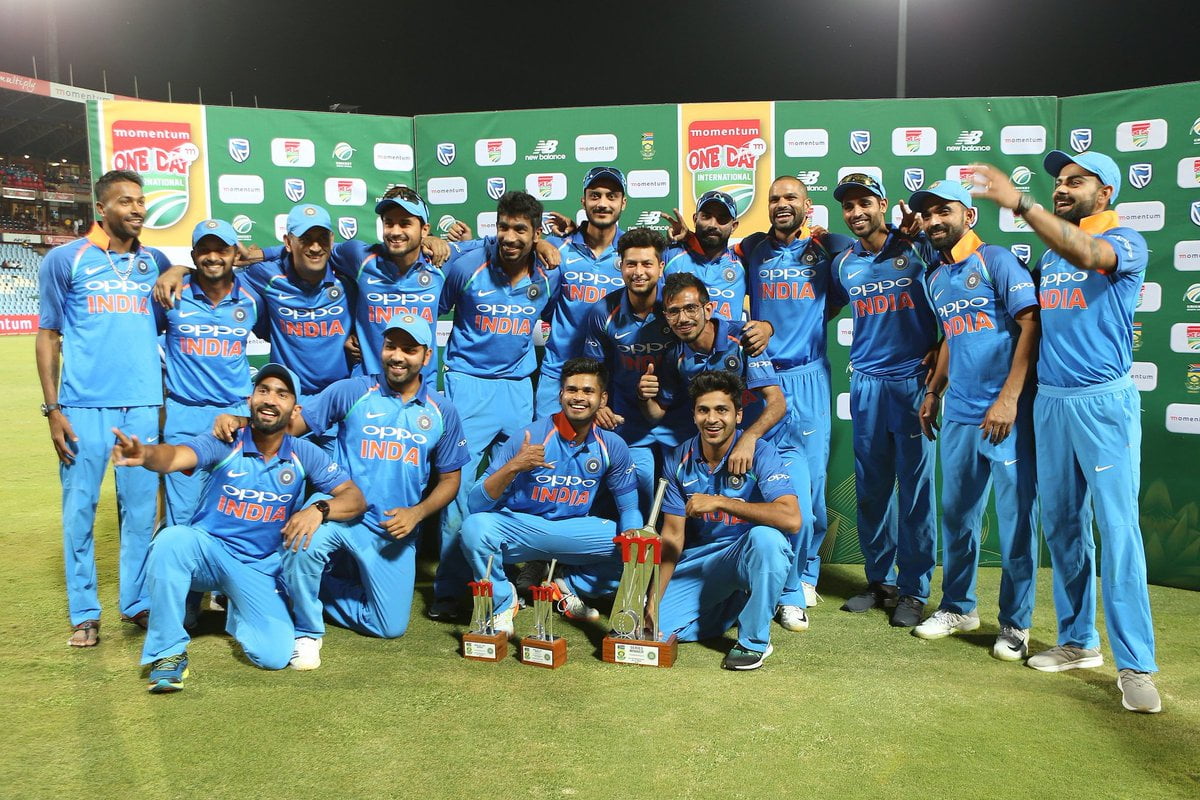After grabbing the broadcasting rights in England and Australia across the subcontinent gave Sony Pictures Networks a dominant position in the sport but winning the rights to India would give them a monopoly, a senior company executive has told Reuters.

India’s huge market is a major attraction for sponsors and advertisers, who often plan product launches around major cricket events and book advertising slots in advance, which in turn leads to a race between broadcasters to secure content.
Also read: Sony TV Earns Big After India’s Tour To South AfricaStar India paid $757.6 million for the rights to broadcast India’s home games for the period July 2012 to March 2018. Those rights will again be open for bidding on March 27 and could see another round of frenzied bidding from the two major cricketers in the Indian market. SPN, owned by Sony Corp, lost out to Star India for the Indian Premier League broadcasting rights last year.
SPN’s president of Sports and Distribution Business, Rajesh Kaul said, “The whole idea was to strengthen our overall leadership position. ECB was a very important and integral part of the strategy. While Australian cricket happens during the winter here, cricket in England is during the summer. There is a very encouraging trend of other sports also getting traction in this part of the world but cricket is still the largest. And to have that dominant leadership position in cricket was very, very critical for us.”

Last year Star India bid a staggering 163.48 billion Indian rupees to bag the worldwide television and digital rights of the IPL for five years. SPN, who had owned the rights for a decade, was the only other bidder for the television rights with 110.5 billion rupees but lost out to Star’s multi-platform offer.
Also read: SonyLiv recorded 170 million views during Ind-SA ODI battleSPN already had five boards under their bed after they paid $385 million in 2016 to acquire TEN Sports, which owns the broadcast rights of cricket boards in South Africa, Pakistan, Sri Lanka, West Indies and Zimbabwe. By wrapping up deals for the Australia and England boards, the network, which also holds rights for this year’s soccer World Cup in Russia, will have over 1,000 days of live international cricket over the next five years.
While the health and drawing power of Test cricket have come under scrutiny time and again, Kaul said, “We are now a one-stop destination when it comes to all the bilateral international cricket series. As far as our cricket strategy is concerned by and large we are very much there. We are already the leaders when it comes to cricket and if we get the BCCI it will just give us the monopoly.”
